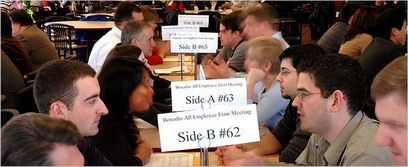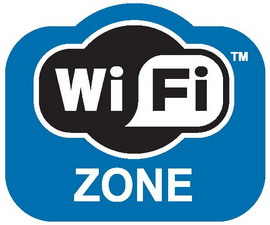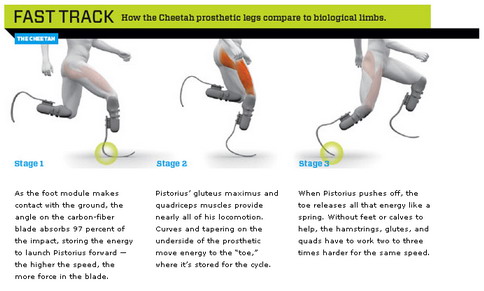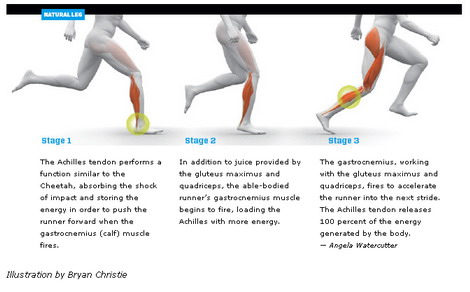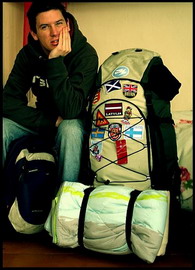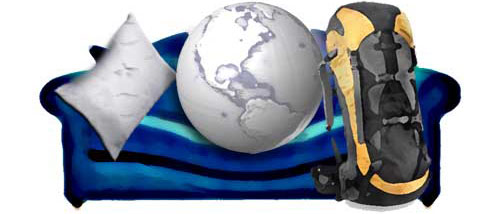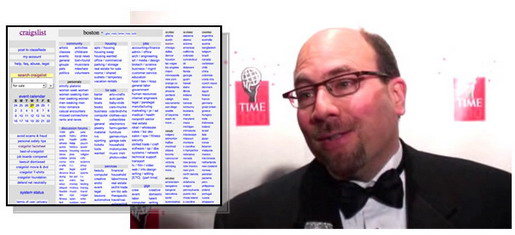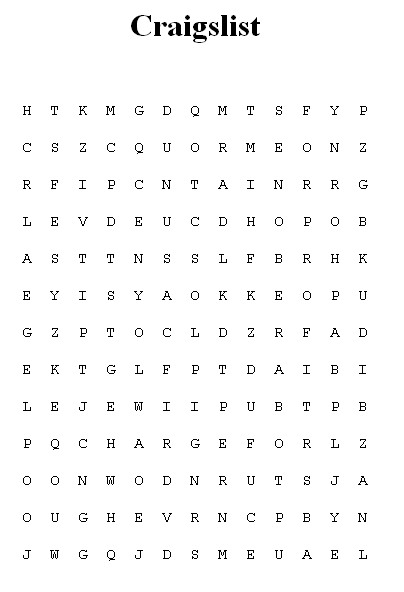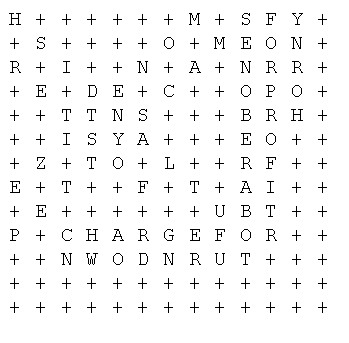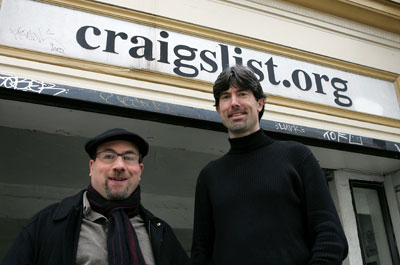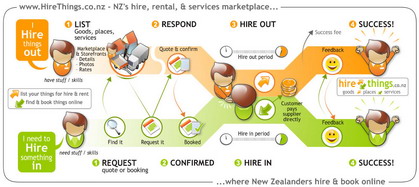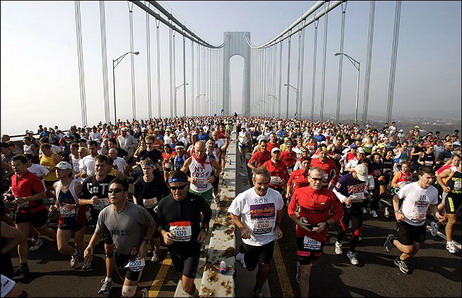Group A
1. Leeching during travelling?
"WiFi is everywhere, even in Prague panelaks, where I faced the dilemma common to every traveler with a laptop: to leech or not to leech? The options were stark; as renters, DSL was out of the question, and although dial-up access could be had for free (from the ISP), you paid a per-minute charge (to Český Telecom) that quickly became ruinous. Now, I know that most terms of service for broadband connections include a provision that the connection not be shared beyond a user's house, but I hadn't signed any such agreement. And, since most Czech broadband plans are paid for by the month and not by the megabyte, we weren't running up anyone's bill. So we connected—for two months."
2. Slowing down the internet
For a while, the wireless Internet connection Christine and Randy Brodeur installed last year seemed perfect. They were able to sit in their sunny Los Angeles backyard working on their laptop computers. But they soon began noticing that their high-speed Internet access had become as slow as rush-hour traffic on the 405 freeway. "I didn't know whether to blame it on the Santa Ana winds or what," recalled Mrs. Brodeur. The "what" turned out to be neighbors who had tapped into their system. The additional online traffic nearly choked out the Brodeurs, who pay a $40 monthly fee for their Internet service, slowing their access until it was practically unusable.
3. Reading someone else’s newspaper
"Many who piggyback say the practice does not feel like theft because it does not seem to take anything away from anyone. Once a router is installed, the user doesn't pay anything additional to log on each time. One occasional piggybacker recently compared it to "reading the newspaper over someone's shoulder."
4. Victimless crime?
"When you steal something, there's typically a victim. With WiFi, IT security and control firm Sophos thinks the ISPs are the victims. "Stealing WiFi Internet access may feel like a victimless crime, but it deprives ISPs of revenue," according to Sophos' senior technology consultant Graham Cluley. The argument that using open WiFi networks deprives ISPs of significant revenue is also a red herring. Take the case of public WiFi hotspots: official hotspots aren't that difficult to find in major cities—every public library in Chicago has open WiFi, for instance. Are the public libraries and the countless other free hotspot providers helping defraud ISPs? No, they're not. There's no law that using the Internet requires payment of a fee to an ISP, and the myriad public hotspots prove this."
5. Doesn’t feel right
"Christina McDonald of Shadyside said she can find numerous signals available from neighbors. She just doesn't feel right about using them to get online, even if it won't show up on their bill. "I do not take advantage of someone else's stuff," she said."
6. Community spirit
"If my car overheats close by someone’s gardone hose and nobody’s there to ask, then I’ll use it. If I’m lost at night with a map, I’ll use someone’s porch light to read the map. And if I absolutely need to check my email RIGHT NOW, or look up directions on Google RIGHT NOW, I’ll login to their open network too. People, for heaven’s sake, where has the community spirit gone?? Don’t get all bent out of shape if someone logs into your precious WiFi network, and don’t abuse the bandwidth of someone’s open network."
Group B
1. Water hose
Ed Schlesinger, a professor in Carnegie Mellon University's Department of Electrical and Computer Engineering, likened a Wi-Fi signal to a water hose. "If I'm trying to fill my bucket, and someone else is also using my hose, my bucket won't fill up as quickly," Schlesinger said. However, most Wi-Fi signals have the strength of a fire hose, so taking a couple "drops" won't affect the flow in any real way, he said.
2. Access to confidential data
In New York and California, local governments are passing laws aimed at stopping people from piggbacking on open Wi-Fi networks. Last October, the local government in Westchester County, N.Y., began enforcing a countywide law requiring all commercial businesses to secure their WLAN access or face fines. The county is worried about piggybacking because, says county CIO Norm Jacknis, “On these networks, there’s unfettered access to confidential data, and we have a problem with that.”
3. Public service
"In the background lurks the issue of the ethics of leeching. Columnist Jeffrey Seglin argued recently that there is nothing wrong with using an open WAP if you don't have to do any hacking to get on, while a recent New York Times op-ed piece went as far as to say that leaving your WiFi network unprotected is a public service."
4. Stealing electricity
Most Internet suppliers in America charge a flat monthly rate, but if they start charging for usage time, like Internet companies do in most other countries, "borrowing" a Wi-Fi signal could rack up monthly bills for the owner. "In that case, it would be like plugging into your neighbor's socket and actually stealing his electricity," Schlesinger said.
5. Ripping off the water company
"It's time to put an end to this silliness. Using an open WiFi network is no more "stealing" than is watching TV in someone else’s apartment. If the WiFi waves come to you and can be accessed without hacking, there should be no question that such access is legal and morally OK. If your neighbor runs his sprinkler and accidentally waters your yard, do you owe him money? Have you done something wrong? Have you ripped off the water company? Of course not. So why is it that when it comes to WiFi, people start talking about theft?"
6. Let the victim ignore it or press charges
A man was convicted of fraudulent access to a computer network, fined $400 and sentenced to 40 hours community service. It wasn't a casual case of piggybacking, he'd been checking his email daily outside the coffee shop. However, the owner was okay with that. That makes me think that the easiest way to solve this issue is to simply declare that all criminal charges must be pressed by the victim or legal proxy to the victim such as a guardian or legal representative. In this case, that would mean that the officer would be free to report the incident to the shop owner who could then shrug and ignore it, or press charges.
Group C
1. Yard lights
"If my neighbor turns his yard lights on and the beams of light stray onto my property, should I put up a barrier or be arrested because I am benefiting from “his” light as I walk up to my door? It’s just wavelengths. Please get off the moral high horse folks."
2. How much bandwidth is too much to use?
"I find it quite easy to log in and gain Internet access," he writes. "As I see it, I am not really stealing anything. As long as I am limiting my use to standard e-mail or Web access, I am not using enough bandwidth to degrade her own Internet activity, so no harm done, right?"
3. Should you ask your neigbors first?
"While I suppose that an argument could be made that you should never use what you don’t pay for, I don’t think this would apply here. There are other ethical considerations, of course, such as whether you should alert your neighbor about his open network and see if he minds your use of it."
4. Theft is theft
"Theft is theft. You are taking services that you aren’t entitled to. If someone left their car doors open, that’s not an invitation for you to take it, or even to sit in it, and play the radio."
5. An invitation to use it
"Some people leave their wireless access points wide open deliberately. To the person with a laptop and a sudden need to check e-mail or surf the web, it's not possible to tell who is leaving their access points open deliberately and who just plain doesn't care. The access point is there and the virtual doors are unlocked, so why not take advantage of it if you're in need? I think leaving a wi-fi network open should be considered a courtesy, an open invitation to use it."
6. Downloading pirated movies
"If your Wi-Fi is not secured, a neighbor could be downloading pirated movies via your internet connection. IT security and control firm Sophos is warning computer users of the importance of properly securing your Wi-Fi networks following reports that people who illegally download music and films may have their internet subscriptions cancelled. The proposed Green Paper, which the Government is due to unveil next week, will require internet service providers (ISPs) to take action against the estimated six million users a year in the UK who access pirated material. Sophos experts note that this legislation could cause headaches for both ISPs and Wi-Fi users, as customers can claim that other people have been illegally piggybacking on their internet service. Last November, a Sophos poll of 560 computer users revealed that 54 percent have stolen Wi-Fi internet access in the past."
